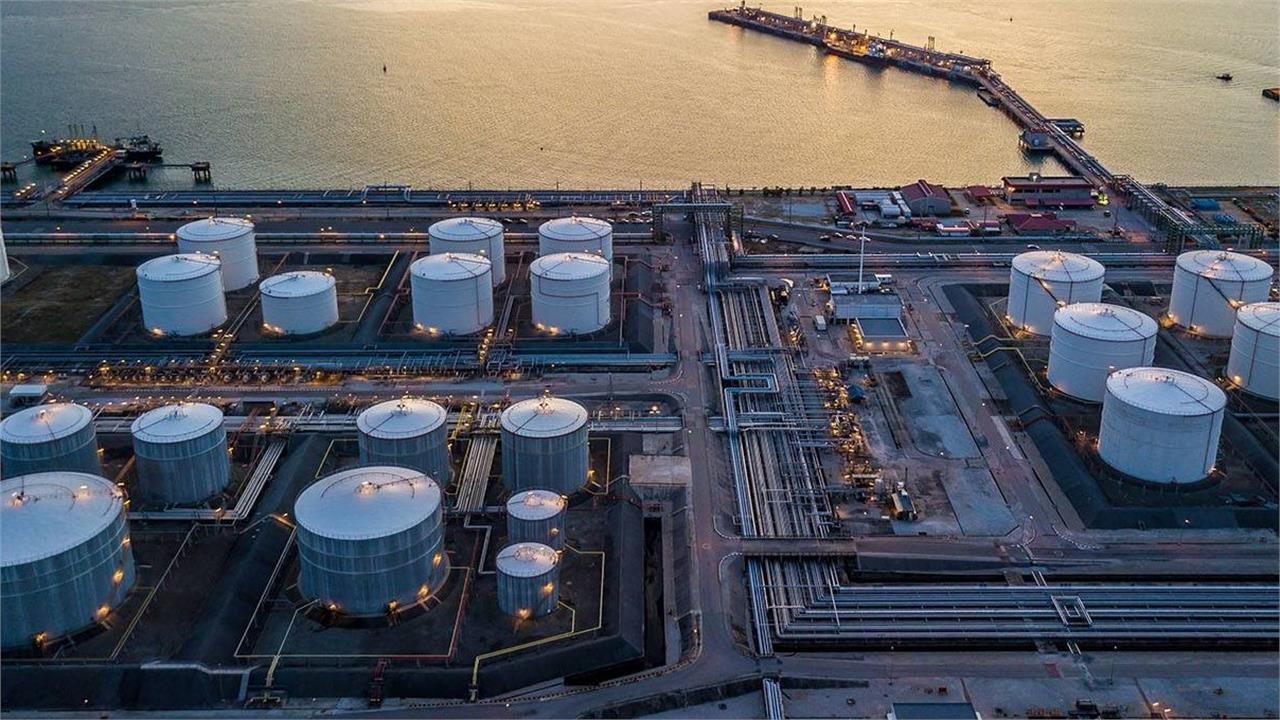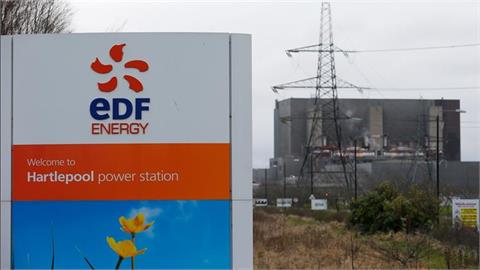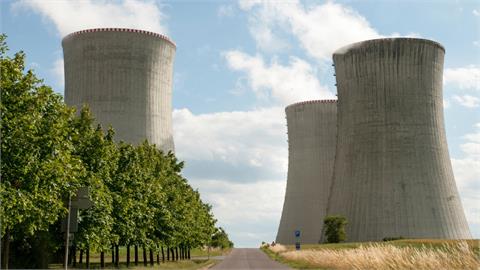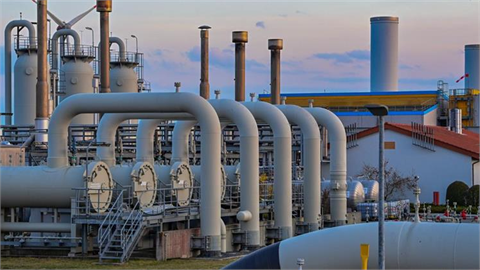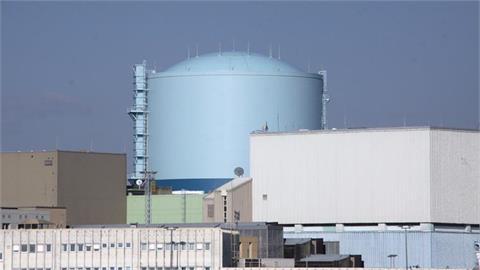Germany will halve targets for how much gas has to be stockpiled by Nov. 1 to 45% for certain types of storage facilities — including the country’s largest in Rehden.
The plan — which is meant to ease speculation in the gas market after inventories saw hefty withdrawals this winter — also eyes lowering the target for cavern storage facilities to 80% from 90%, according to an economy ministry press release. The 45% goal would apply to porous reservoirs, for which injections and retrievals are slower, though four near the borders to Switzerland and Austria will be subject to the higher rate.
The move comes after Europe’s gas market saw significant price distortions earlier in the year, which made it uneconomical for traders to stockpile fuel in preparation for the next heating season. While prices have eased since then amid worries about the economic repercussions from the unfolding US-led trade war, the region remains vulnerable to tight supplies.
A group of European Union lawmakers recently voted in favor of lowering the region’s gas storage
target to 83% — with more flexibility in certain cases — and the bloc’s parliament will vote on the matter next week, before talks with member states on the final shape of the regulation.
The latest German measure “is intended to significantly reduce the speculation on the gas market that has been observed in recent months,” the economy ministry release said. The ministerial ordinance doesn’t require parliamentary approval.
It also said state-sponsored filling of storage sites via Germany’s gas market manager Trading Hub Europe GmbH “is not appropriate” and “would unnecessarily increase costs for gas consumers.” Earlier this year, a proposal on subsidized injections through THE unsettled markets.
The gas storage targets were introduced during the energy crisis to address concerns that Europe would not have enough gas to get through the winter after Russia cut its gas supplies. However, there has been criticism that they artificially raise prices during the summer — typically a period of lower demand and cheaper energy.
(Bloomberg, April 30, 2025)
